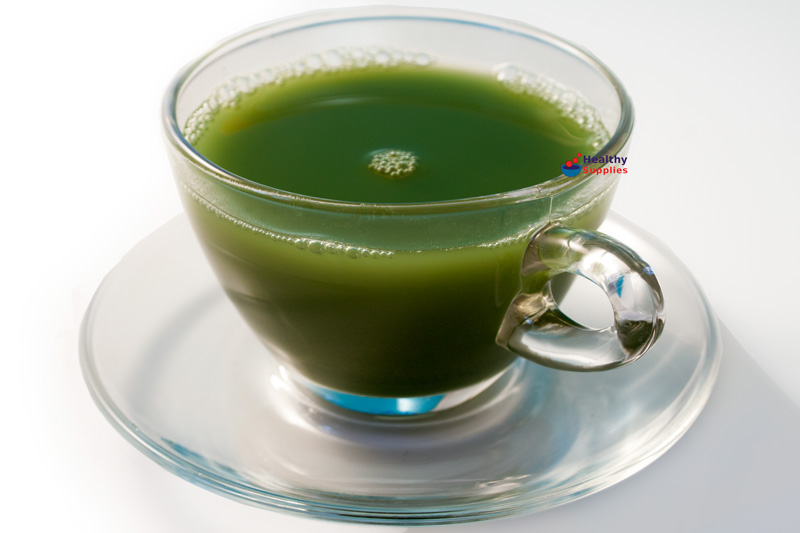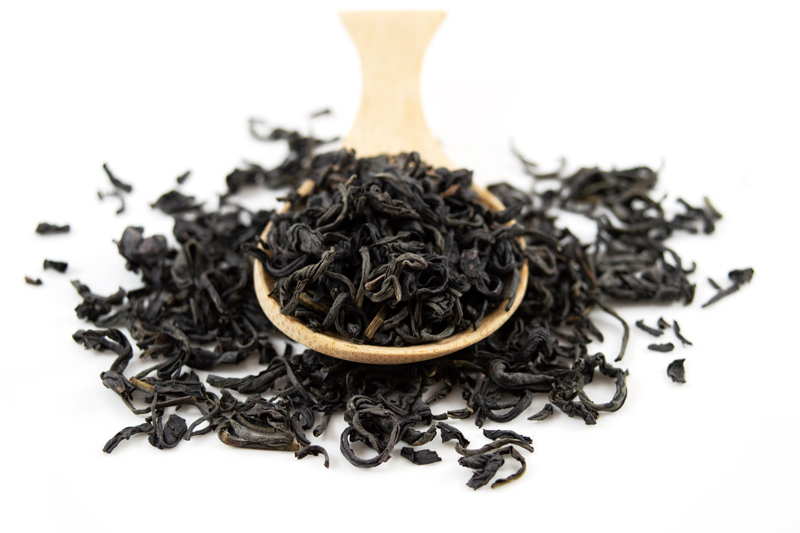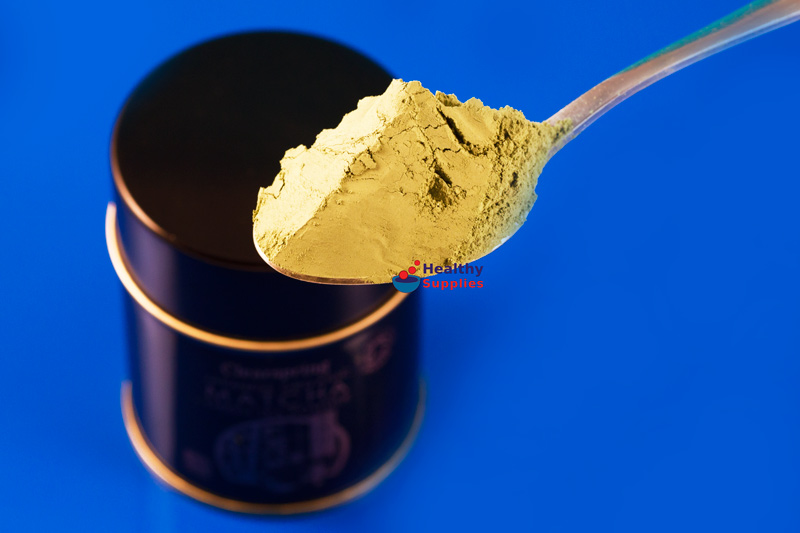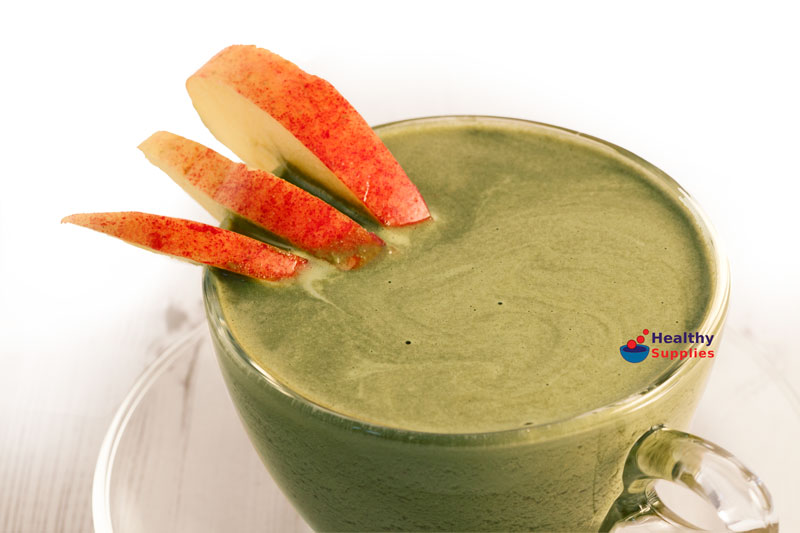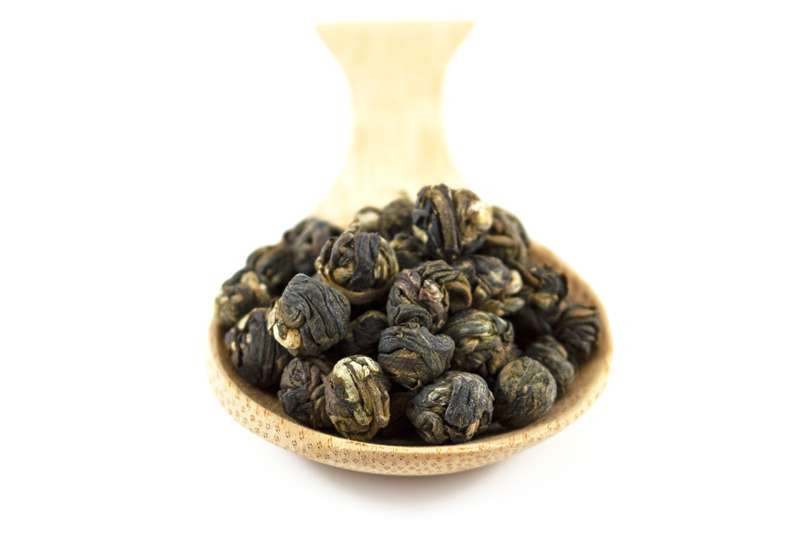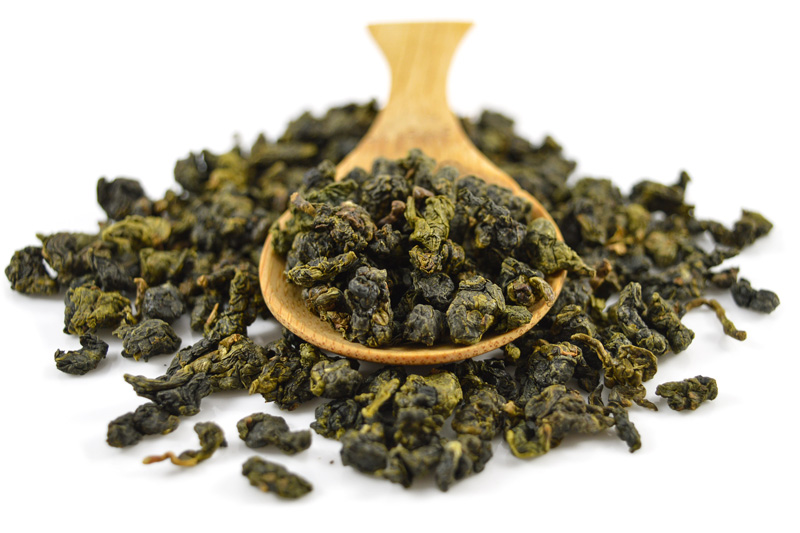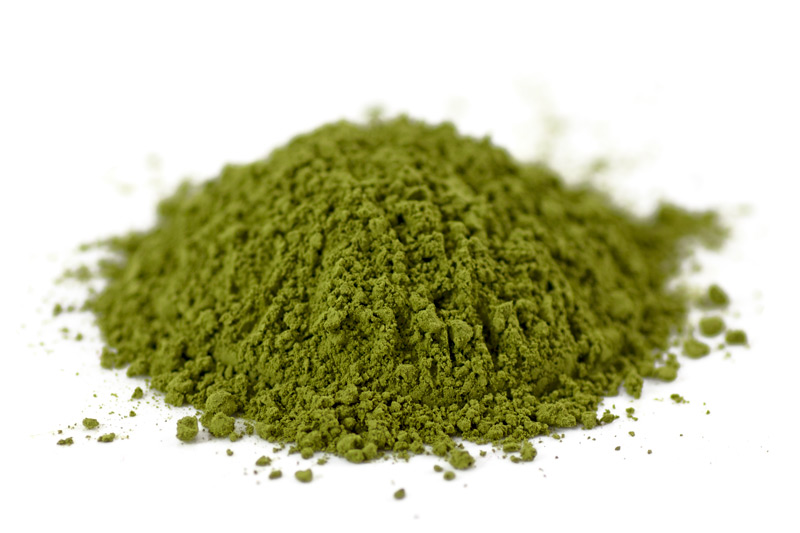Why you should incorporate Green Tea as part of your daily routine!
Green tea has exploded in popularity in the West in recent years as more types have become available and more people have started taking an interest in the health benefits and the spectrum of flavours and varieties on offer.
There are many reasons to get the pot and brew up some green tea – as well as the positive effects on physical health, having a cup of green tea also gives you a chance to sit down and relax and maybe have a chat, making it great for your mental health too. Also, because green tea is generally taken without milk, it’s a great option for those following a vegan diet.
So what are the other health benefits of green tea? here are some of the best:
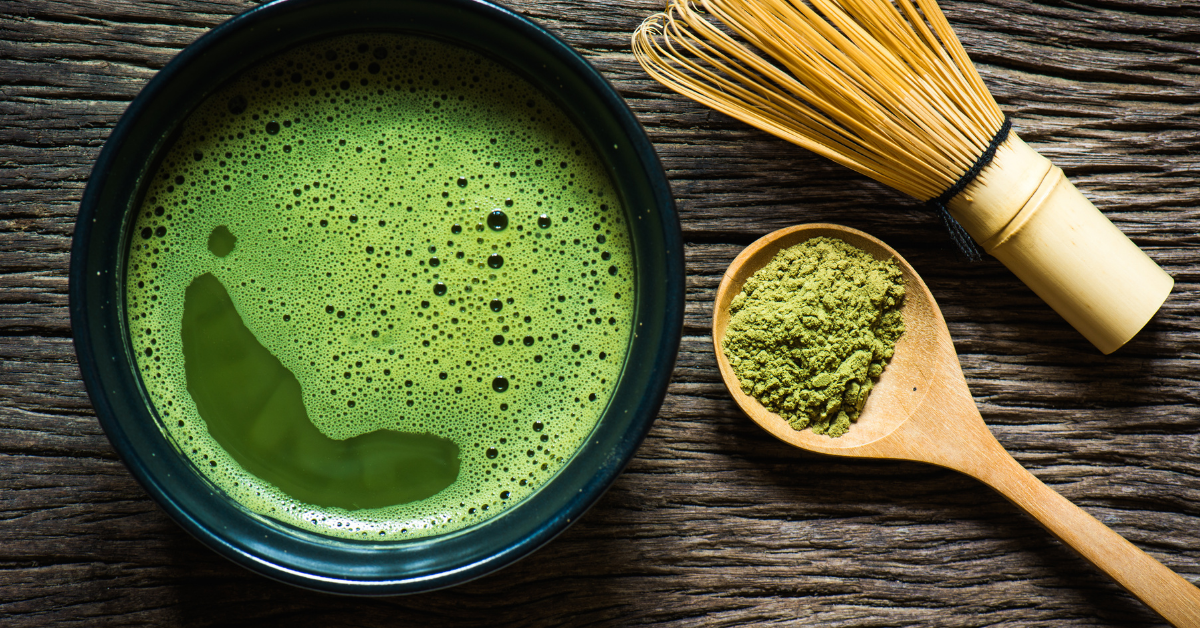
It's excellent for weight loss
There’s evidence that green tea can increase the body’s ability to burn fat. This American study found that it can increase the rate of metabolism and, with it, the rate of energy expenditure and fat oxidation. It’s estimated that drinking green tea can help you burn 75-100 calories a day on top of your normal amount. This may not sound like very much, but over a long time it could add up to significant loss of weight.
Green tea means great gut health
Green tea promotes healthy digestion, introducing more beneficial microbes in the intestines and causing less permeability in the intestinal wall (a condition known as “leaky gut”). As the intestines control 70% of the body’s immune system, this means green tea is a very important tool in ensuring the immune system is operating at full capacity. The intestines also synthesise serotonin, which regulates emotions, mood, appetite and cognitive functions, so get the green tea brewing for a happy, healthy gut!
Antioxidants in green tea help the brain function efficiently, aid the fight against cancer (especially prostate cancer and breast cancer), lower the risk of heart disease and contribute to fat loss. The antioxidants in green tea are polyphenols, which evidence suggests protect against Alzheimer’s-like diseases and dementia.
Catechins, which are natural phenols in the flavonoid family, are found in green tea and kill malicious bacteria, such as Staphylococcus, in our intestine, leaving the beneficial bacteria untouched. They help protect our body from environmental toxins and repair damage. The main catechin in green tea is called epigallocatechin-3-gallate (EGCG) which a recent paper showed could reduce inflammation and prevent many chronic conditions.
Drinking a pot of green tea can be a very pleasant pick-me-up and give you a nice buzz – but not only that. Caffeine can also improve mood, decrease your likelihood of suffering depression, stimulate the function of the brain, and protect against Alzheimer’s and Parkinson’s disease.
Despite green tea’s caffeine content, the amino acid it contains, L-theanine (L-THE), acts as a neurotransmitter in the brain and helps to decrease blood pressure and stimulate brain waves associated with relaxation, without causing drowsiness. This means the green tea drinker is better equipped to manage stress and anxiety levels, which in turn leads to improvements in mood and cognition.
Green tea improves blood flow and its consumption is associated with blood vessel relaxation. A study in 2014 found that daily consumption of 5-6 cups of green tea could result in reductions in systolic blood pressure, total cholesterol, and LDL cholesterol.
This means that having a pot of green tea means you’re being kind to your arteries and your heart!
Come and peruse our wonderful range of green tea – we have options for the connoisseur and the beginner alike, so whether you’re an expert or you just want to dip a toe into the wonderful world of green tea, have a look here!

